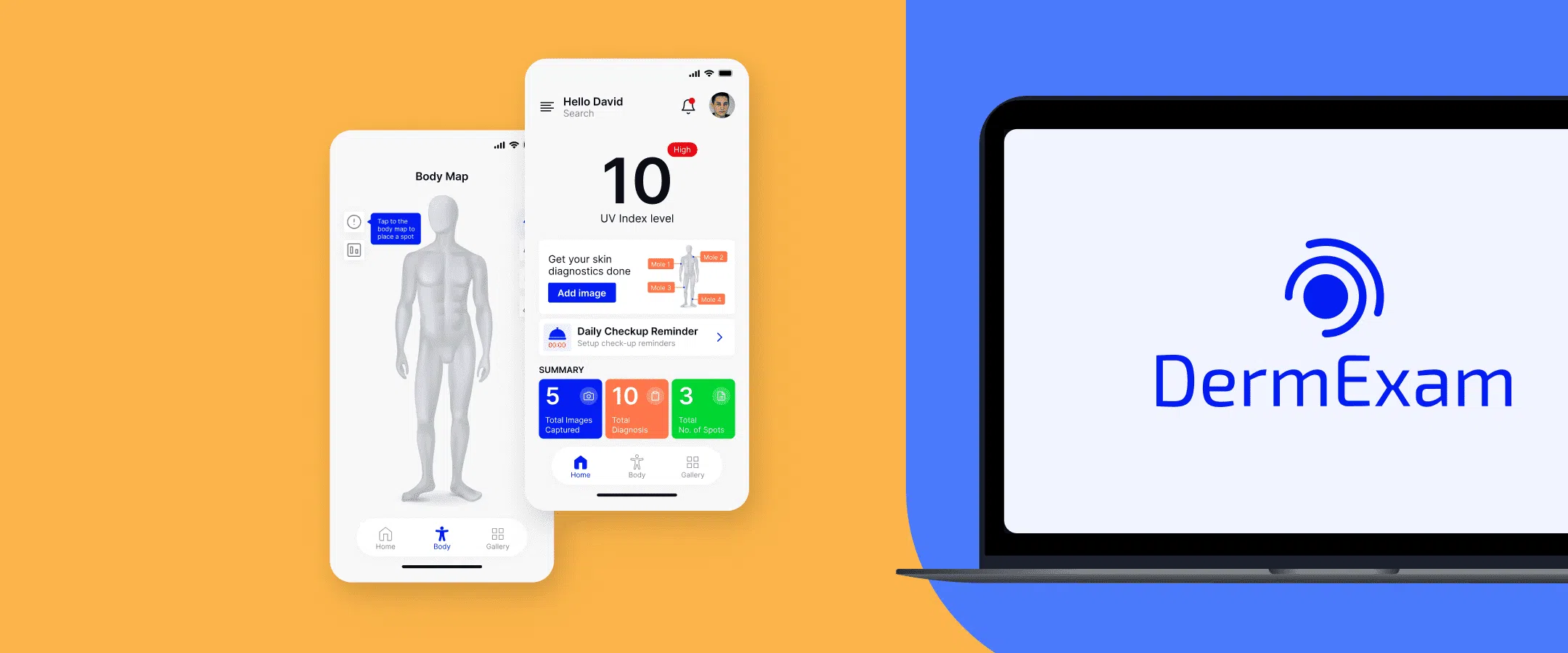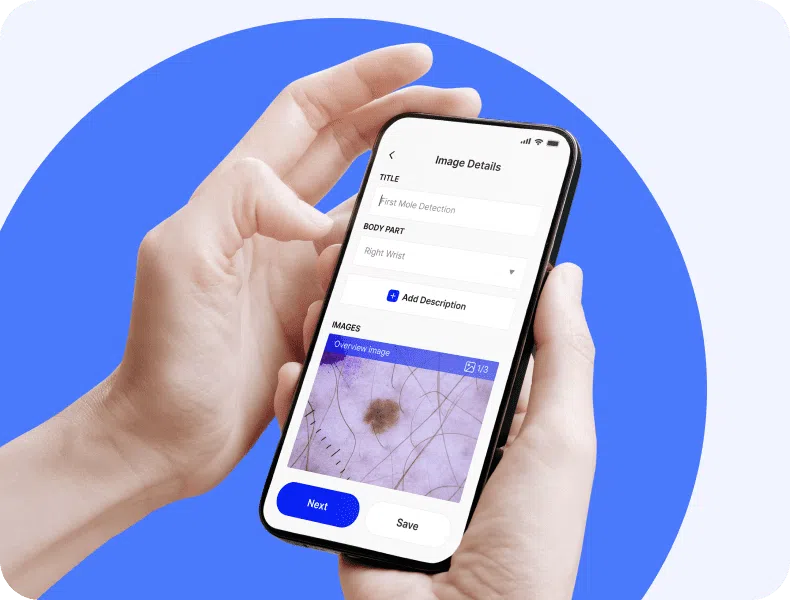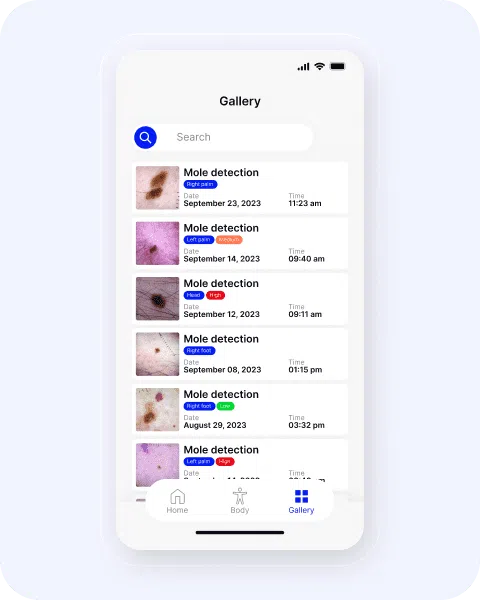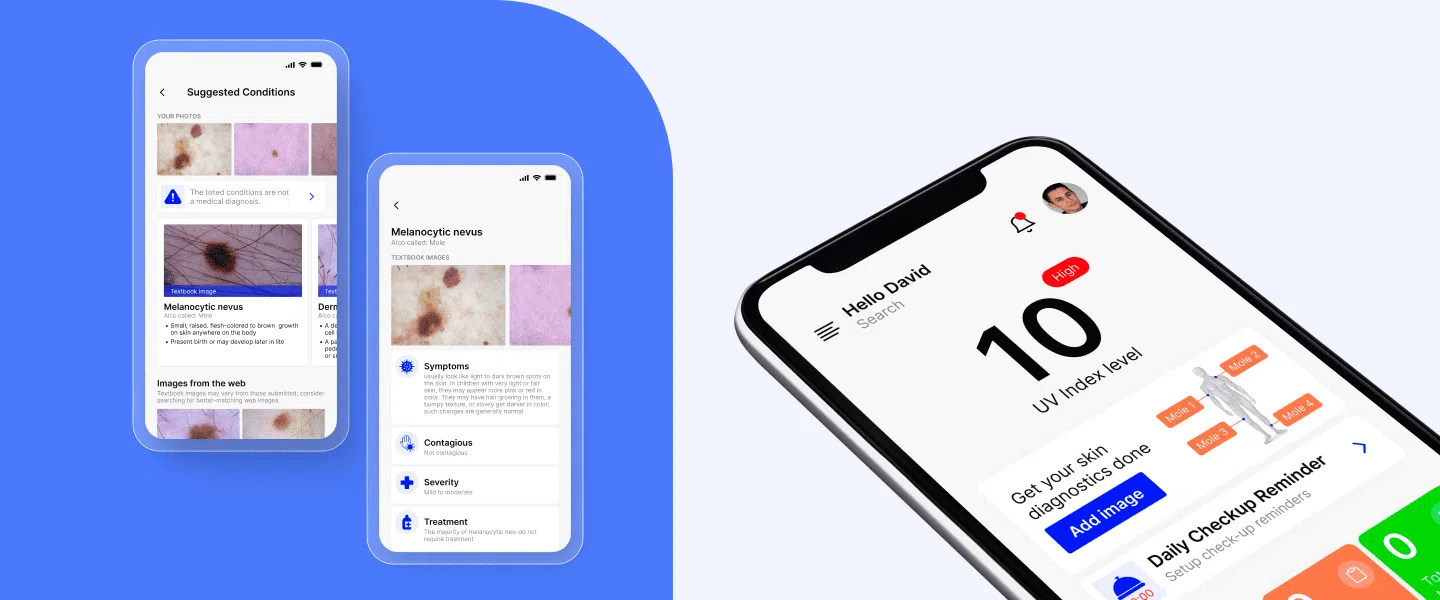AI-Driven Skin Cancer Detection Application
using ML for early skin cancer detection.

Project Objective
To develop a skin cancer detection application that can assist dermatologists and individuals in identifying potential skin cancer lesions from images of moles. The goal is to create a reliable and accessible tool for early detection and diagnosis, which can potentially save lives through early intervention.


Partner's Profile
Accuracy and Metrics
The trained skin cancer detection model achieved an accuracy from 53% to over 90% on the validation set. It demonstrated high precision and recall for both benign and malignant cases, indicating its effectiveness in diagnosis.
The web-based application received positive feedback from 37 dermatologists and users alike. Its user-friendly interface and accurate predictions contributed to its adoption and usage for preliminary assessments of skin lesions.
Ongoing Improvement
By providing an accessible tool for early skin cancer detection, the application has the potential to aid in early intervention and improve the chances of successful treatment.
The model continues to be updated with new data to enhance its accuracy and keep up with evolving medical knowledge. User feedback and additional features, such as a skin lesion severity score, are being considered for future application iterations.
Solution
Technologies
Dataset
A dataset of moles images labeled as benign or malignant
Machine Learning Frameworks
Scikit-learn and Keras
Pre-trained Model
ResNet50 as a feature extractor
Programming Language
Python
Deployment
Django for creating a web-based user interface

Projects
Need a project estimate?
Drop us a line, and we provide you with a qualified consultation.